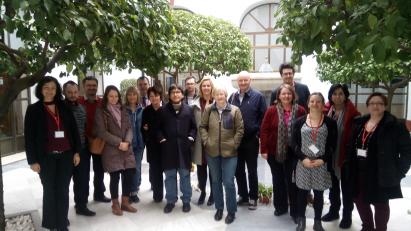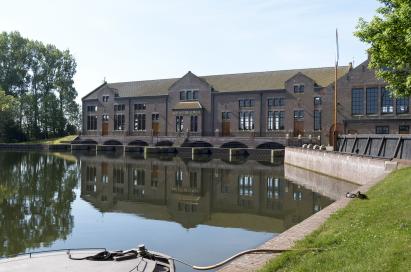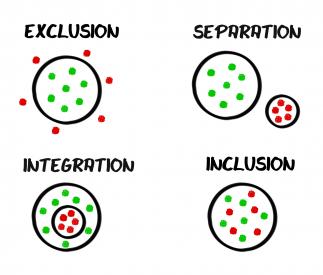Women and the City: Be Bold For Change on International Women’s Day
8 March is International Women’s Day (IWD) and the campaign this year is #BeBoldForChange. IWD is a worldwide event that celebrates women’s achievements –from the political to the social – while calling for gender equality. The day is marked around the globe with performances, talks, rallies, networking events, conferences, marches and even strikes.
Gender equality is a fundamental value of the European Union, enshrined in the Treaty of Rome. It is one of the cross cutting themes to be taken into account by all the
Urban Agenda for the EU thematic partnerships. Gender equality and empowerment of women is also one of the new UN
Sustainable Development Goals adopted in 2015.
What needs to be done to make cities more gender-equal? What are the key challenges? The actions and solutions required will vary in different parts of the globe, but there are many threads that relate to urban governance, and that are particularly linked to the integrated and participatory approach promoted by URBACT. Here are just a few.
















